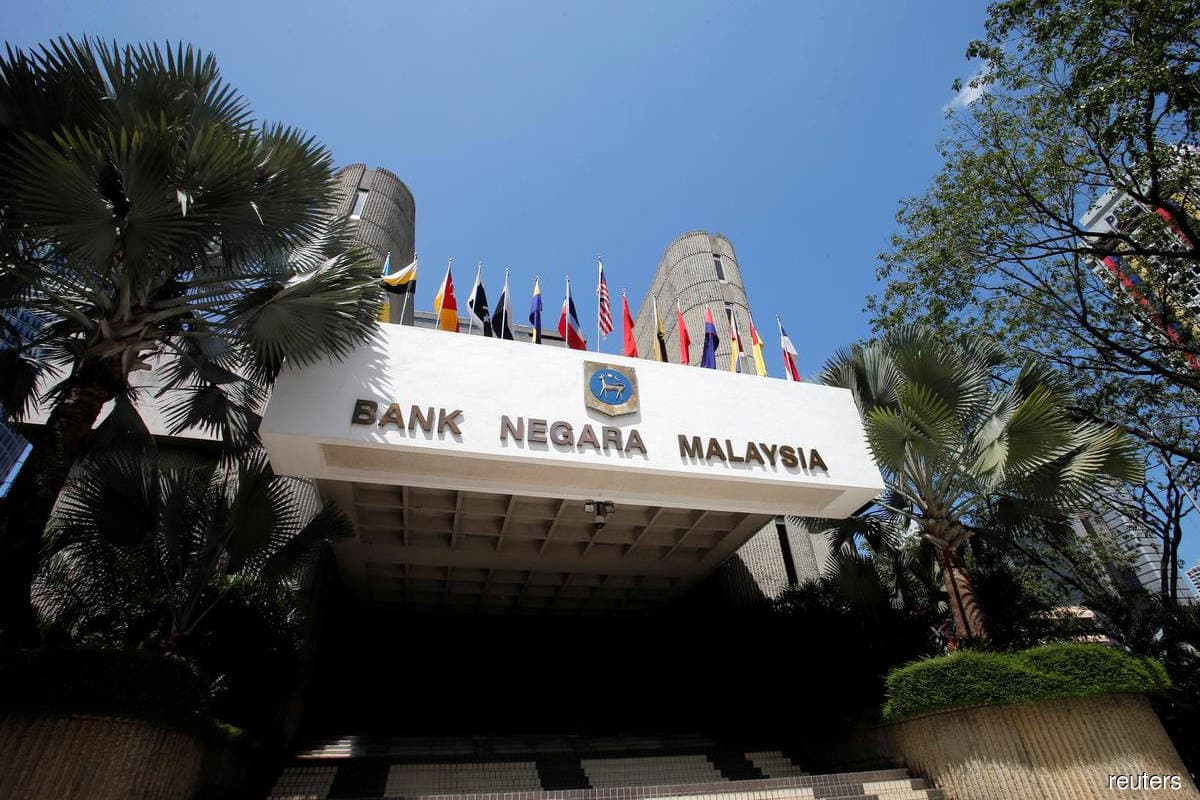
KUALA LUMPUR (April 23): Leading countries in the Islamic finance space within the Asean region, such as Malaysia and Indonesia, should collaborate in the banking and takaful sectors, as bright prospects are seen for both Islamic finance and financial technology (fintech) in the region, said Bank Negara Malaysia (BNM) deputy governor Adnan Zaylani.
While maintaining different jurisdictions and frameworks, he viewed that there is always scope for harmonisation and standardisation within the financial services sector to achieve greater fluidity.
“Financial services across countries, especially product acceptance across different countries, would be more fluid [through harmonisation and standardisation]. It could be challenging to achieve this at the global level of acceptance, but we could start in Asean first,” he said during a panel session titled “SEA’s Next Big Fintech Export: Islamic Finance” at the KL20 Summit 2024 here on Tuesday.
In this regard, Adnan noted that the Malaysian government would likely put forward ways to strengthen its financial offerings, including Islamic fintech as one of the agendas during the Asean chairmanship next year.
“Therefore, I think we can come together and strengthen Islamic finance in Asean as a whole in terms of its offerings, as there are already various working groups that are looking on the regulatory front,” he said.
Elaborating further, he said Malaysia had an overall framework in which existing banks could collaborate in Islamic fintech, as the segment had a lot of opportunities to complement the financial sector.
In 2022, BNM awarded five successful applicants with digital bank licences as approved by the Ministry of Finance, including two applicants for Islamic digital banks.
“The digital banks have to be all about digitalisation, and we allow very minimal non-digital operations, as the expectations were to be primarily digital. Hence, Islamic fintech has a lot to offer to complement the operations as well as the digital banks,” Adnan said.
Moreover, he also pointed out that the range of products for Islamic financial services today covers almost anything that could be covered by conventional services, not only in meeting the needs but also in making differences in terms of enhancing financial inclusion and products in the space of social finance, as well as environmental, social, and governance agendas.